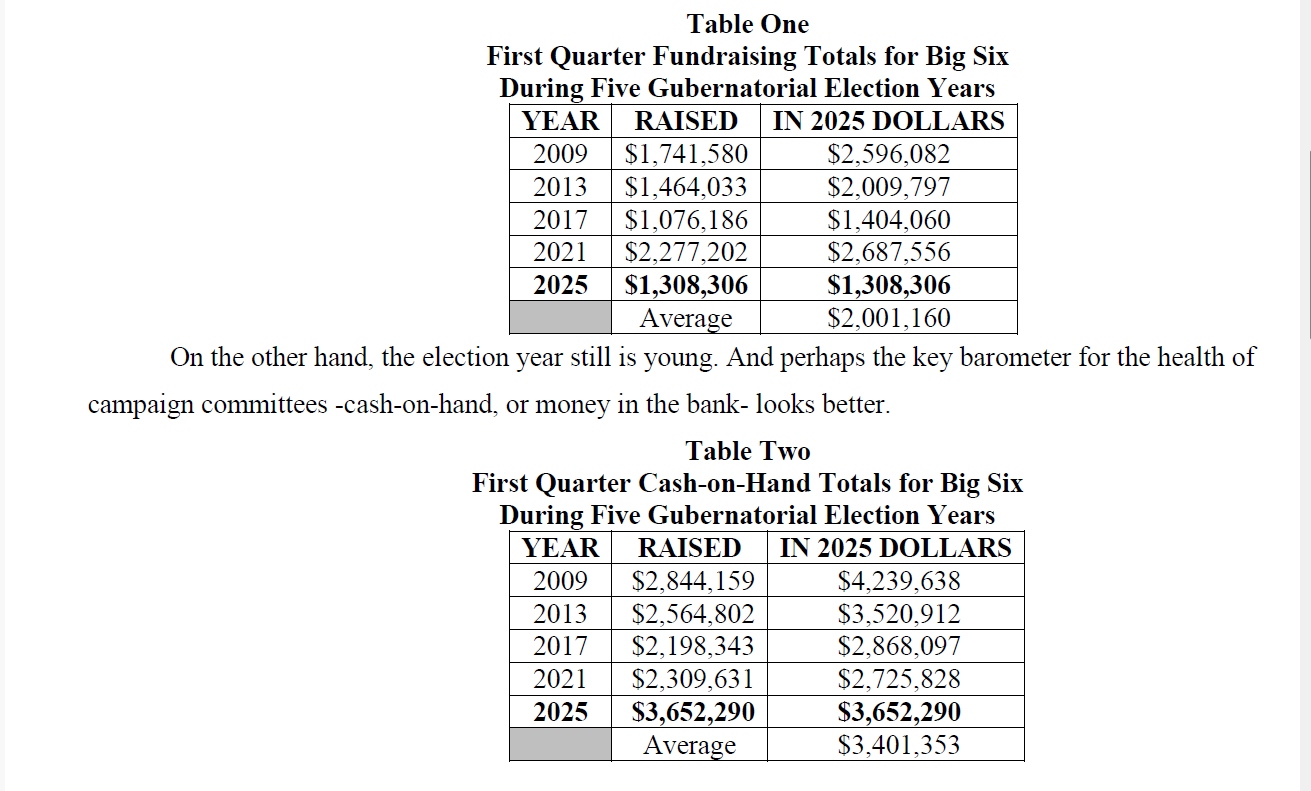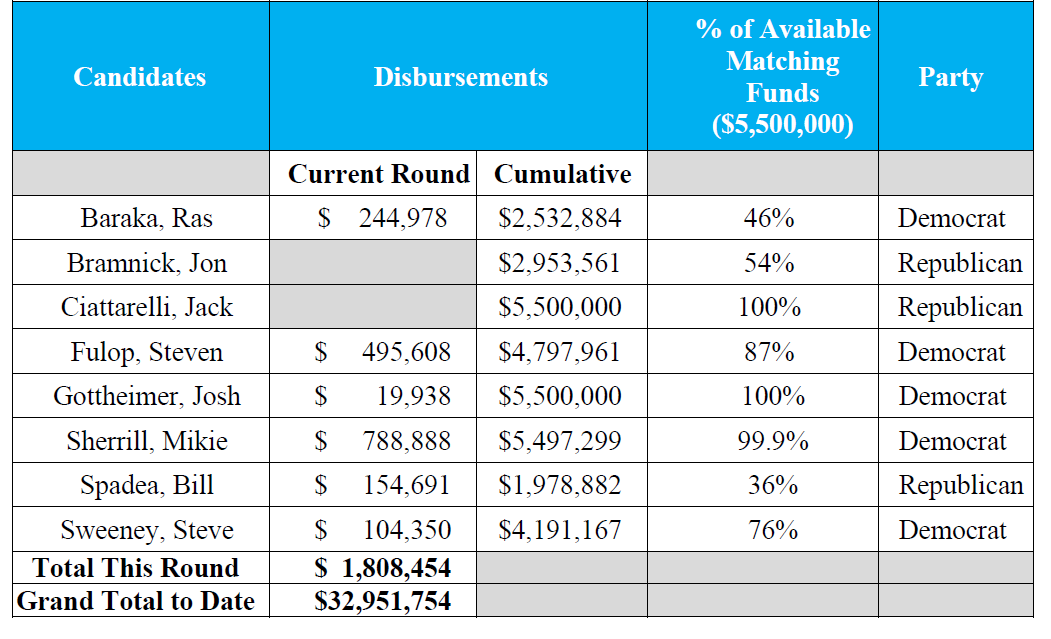Recall elections are a rare occurrence in the world of politics. These elections are held to remove an elected official from office before their term is up. The process of a recall election is initiated by a petition signed by a certain number of registered voters in the jurisdiction where the official holds office. The number of signatures required varies from state to state and depends on the position being recalled.
Historical analysis reveals that recall elections are not a common occurrence in the United States. Since the introduction of recall elections in the early 20th century, only a few hundred recall elections have been held across the country. The majority of these elections have been at the local level, with only a handful of statewide recalls.
One of the most well-known recall elections in recent history was the 2003 recall of California Governor Gray Davis. The recall was initiated due to his handling of the state’s budget crisis and his decision to raise vehicle registration fees. The recall election resulted in Davis being removed from office and replaced by Arnold Schwarzenegger.
Another notable recall election was the 2012 recall of Wisconsin Governor Scott Walker. The recall was initiated due to his controversial budget reforms, which included limiting collective bargaining rights for public sector unions. Walker survived the recall election and remained in office.
Despite their rarity, recall elections can have a significant impact on the political landscape. They provide voters with an opportunity to hold elected officials accountable for their actions and decisions. However, they can also be divisive and expensive, with campaigns and legal battles often costing millions of dollars.
In addition to the cost, recall elections can also have unintended consequences. For example, they can discourage qualified candidates from running for office in the first place, as they may fear being subject to a recall election if they make unpopular decisions.
Overall, historical analysis reveals that recall elections are a rare occurrence in American politics. While they can provide voters with a means of holding elected officials accountable, they can also be divisive and costly. As such, they should be used judiciously and only in cases where there is clear evidence of malfeasance or incompetence on the part of the elected official.




